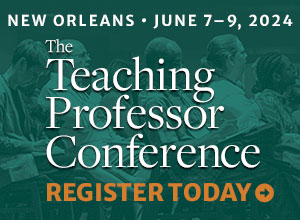Academic Freedom Do’s and Don’ts for Faculty and Administrators
Have you have heard of Garcetti v. Ceballos? This 2006 U.S. Supreme Court case involving Gil Garcetti, a district attorney for Los Angeles County, and Richard Ceballos, a deputy DA, had nothing to do with higher education and yet it has had a profound effect on the academic workplace, particularly at state-supported colleges and universities.


